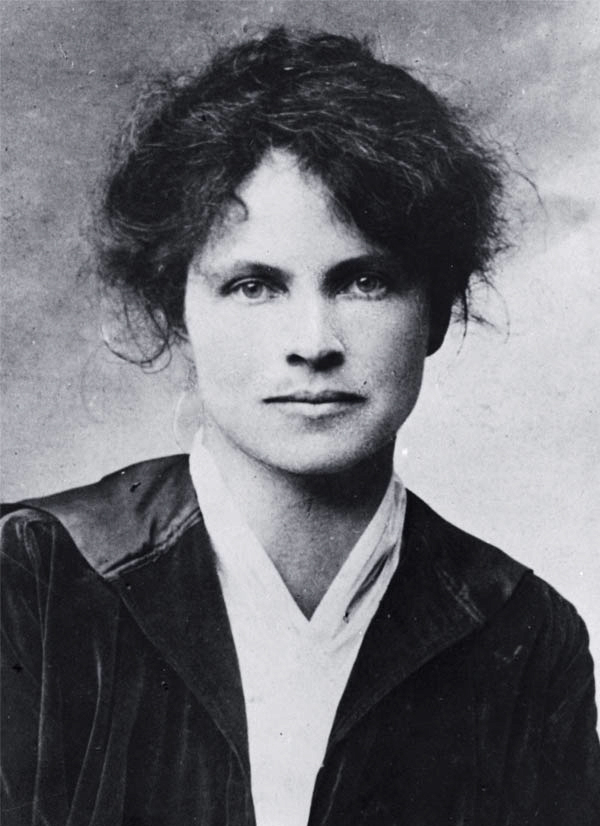

Queer Places:
Columbia University (Ivy League), 116th St and Broadway, New York, NY 10027
Dartmouth College (Ivy League), 10 N Main St, Hanover, NH 03755
Saint James Episcopal Church Cemetery
Arlington, Bennington County, Vermont, USA
 Dorothy
Frances Canfield Fisher (February 17, 1879 – November 9, 1958) was an educational
reformer, social activist, and best-selling American author in the early
decades of the twentieth century. Beside
Isabelle McClung
and
Edith
Lewis, Willa Cather had close
relationships with a number of other women, including the writers
Elizabeth Shepley Sargent,
Dorothy Canfield Fisher,
Zoe Atkins, and
Sarah Orne Jewett, who was
Cather's literary mentor.
Dorothy
Frances Canfield Fisher (February 17, 1879 – November 9, 1958) was an educational
reformer, social activist, and best-selling American author in the early
decades of the twentieth century. Beside
Isabelle McClung
and
Edith
Lewis, Willa Cather had close
relationships with a number of other women, including the writers
Elizabeth Shepley Sargent,
Dorothy Canfield Fisher,
Zoe Atkins, and
Sarah Orne Jewett, who was
Cather's literary mentor.
Dorothy Frances Canfield Fisher strongly supported women's rights, racial equality, and lifelong education. Eleanor Roosevelt named her one of the ten most influential women in the United States.[1] In addition to bringing the Montessori method of child-rearing to the U.S., she presided over the country's first adult education program and shaped literary tastes by serving as a member of the Book of the Month Club selection committee from 1925 to 1951.
Dorothea Frances Canfield – named for Dorothea Brooke of the novel Middlemarch[2] – was born on February 17, 1879, in Lawrence, Kansas, to James Hulme Canfield and Flavia Camp, an artist and writer.[3][4] From 1877 to 1891 her father was a University of Kansas professor with responsibility for various historical studies, and finally president of the National Education Association. Later he was chancellor of the University of Nebraska, president of Ohio State University, and librarian at Columbia University.[5] Canfield Fisher is most closely associated with Vermont, where she and her mother made trips to the family home[5] and where she spent her adult life. Vermont also served as the setting for many of her books. In 1899 Canfield received a B.A. from Ohio State University, where she was a member of Kappa Kappa Gamma.[6] She went on to study Romance languages at University of Paris and Columbia University (where her father was Librarian from 1899)[5] and earned a doctoral degree from Columbia[3] with the dissertation Corneille and Racine in English (1904). With George Rice Carpenter from Columbia she co-wrote English Rhetoric and Composition (1906). She was the first woman to receive an honorary degree from Dartmouth College and received others from the University of Nebraska, Middlebury, Swarthmore, Smith, Williams, Ohio State University, and the University of Vermont.[7]
She married John Redwood Fisher in 1907, and they had two children, a daughter, Sally, and a son, Jimmy.[3] In 1911 Canfield Fisher visited the "children's houses" in Rome established by Maria Montessori. Much impressed, she took up the cause of bringing the method back to America, translating Montessori's book into English and writing five of her own: three nonfiction and two novels.[1] Another concern of Canfield Fisher was her war work. She followed her husband to France in 1916 during World War I and while raising her young children in Paris worked to establish a Braille press for blinded veterans.[1] She also established a convalescent home for refugee French children from the invaded areas; continuing her relief work after the war, she earned citations of appreciation from Eleanor Roosevelt, Madame Chiang Kai-shek, and the government of Denmark.[3]
After 1923, she and her husband made their home in Arlington in a remodeled farmhouse that had once belonged to her Vermont ancestors. Canfield Fisher died at the age of 79, in Arlington, Vermont, in 1958.[7]
My published books: